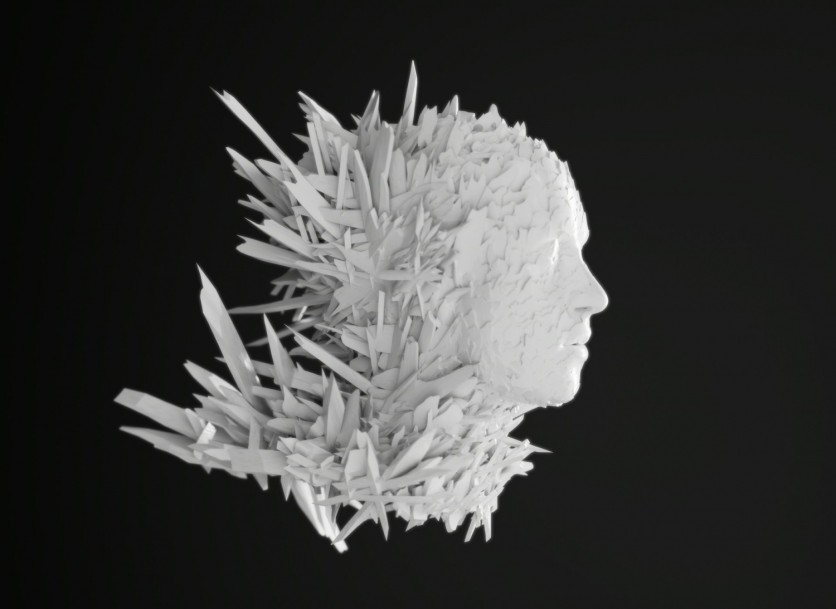In a significant privacy violation, a facial recognition system deployed across numerous bars and clubs in Australia has been compromised, revealing the sensitive personal data of countless individuals.
This breach, involving the Australian company Outabox, has triggered alarming concern and regulatory scrutiny, underscoring the perils of deploying AI-powered surveillance technologies in public venues.
Outabox Data Breach

Outabox, which operates across Australia, the United States, and the Philippines, introduced a facial recognition kiosk during the COVID-19 pandemic to monitor visitors' temperatures. These kiosks were later utilized to identify individuals participating in self-exclusion programs for gambling.
However, a recent development revealed that a website named "Have I Been Outaboxed" has emerged, purporting to be set up by former Outabox employees in the Philippines.
This site claims that over a million records were mishandled, including facial biometrics, driver's licenses, and other personal identifiers.
Related Article : Racially Biased AI Poses Significant Risks, Particularly in Facial Recognition Tech
How Serious is the Recent Outabox Data Leak
According to the allegations on the "Have I Been Outaboxed" website, the leaked data consists of extensive personal details such as facial recognition biometrics, driver's licenses, club memberships, addresses, and more.
The site also suggests that comprehensive membership data from IGT, a key supplier of gaming machines, was compromised, and a claim was denied by IGT representatives.
This breach has prompted a vigorous response from privacy advocates and regulators, given the severe implications of such extensive personal data exposure.
"Sadly, this is a horrible example of what can happen as a result of implementing privacy-invasive facial recognition systems. When privacy advocates warn of the risks associated with surveillance-based systems like this, data breaches are one of them," Samantha Floreani, head of policy for Australia-based privacy and security nonprofit Digital Rights Watch, told WIRED.
Follow-Up Regarding Outabox Breach
Outabox has acknowledged the breach and actively coordinates with affected clients to manage the situation. Concurrently, the New South Wales police and federal and state agencies have launched an investigation, leading to the arrest of a suspect involved in this data extortion, as per The Guardian.
Despite these efforts, the full extent of the breach and the veracity of the claims on the website remain under investigation.
According to the authorities, there were 1,050,169 records inside the leaked database. The 46-year-old man from Sydney was expected to be charged with blackmail, which affected one million residents from ACT and New South Wales.
Facial Recognition Systems in Public Spaces
The breach has reignited debates over the ethical use of facial recognition technology in public spaces.
Many individuals affected by this breach have reported inaccuracies in recognition, with errors leading to misidentification. Such instances highlight the technology's potential flaws and implications for personal privacy.
Since biometric technologies gather a person's facial data, they need to be protected from being used by hackers or scammers for malicious purposes.
Digital rights advocates argue for substantial reforms to prevent similar future breaches and ensure that surveillance technologies do not undermine fundamental privacy rights.





